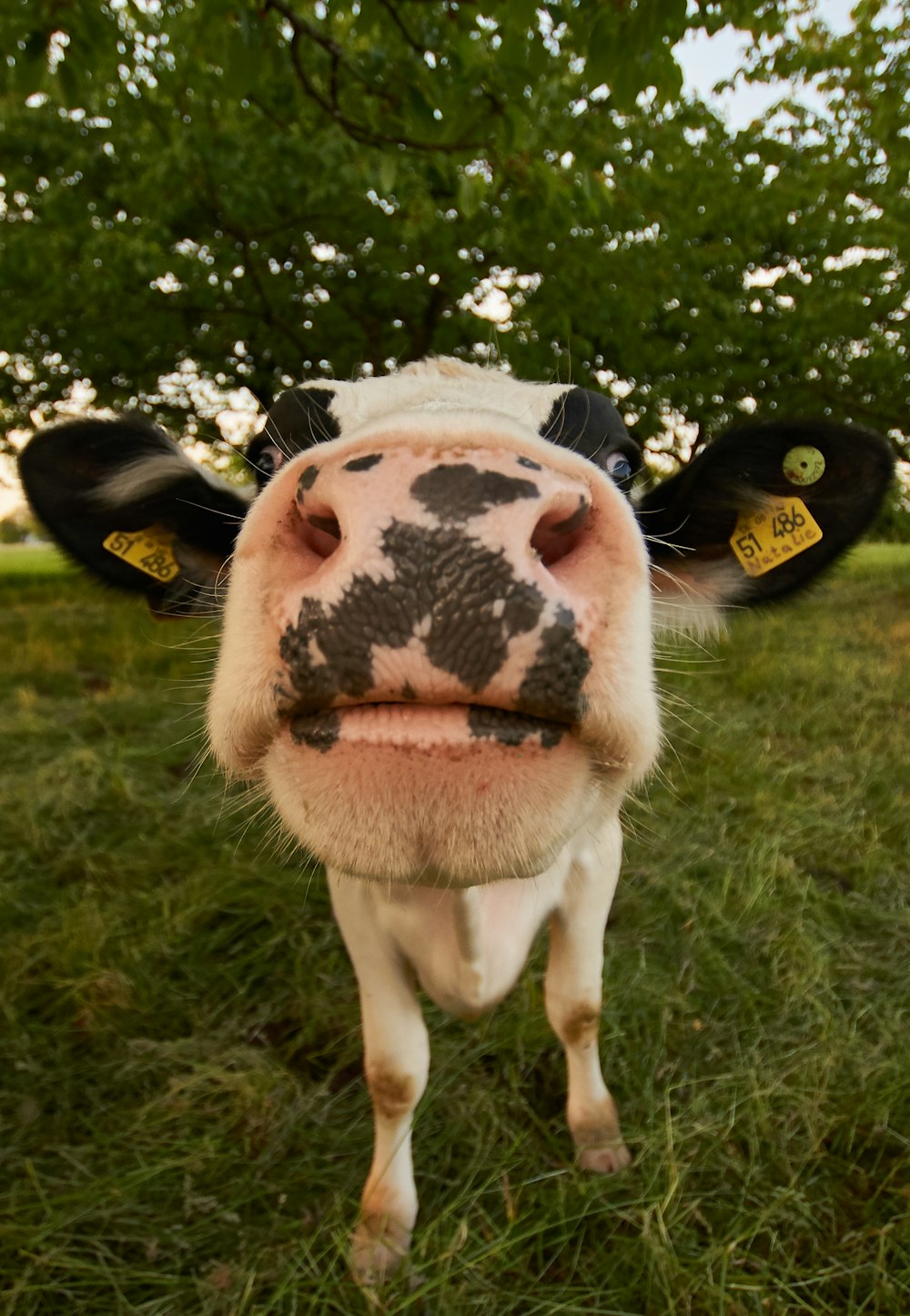Why Do Catholics Abstain From Meat?
Before 1966, American Catholics abstained from meat not just on Ash Wednesday, Good Friday, and the Fridays of Lent, but every Friday. But why, of all things, meat?
In previous ages, meat was a luxury. During the Renaissance, for instance, meat was almost exclusively eaten by the upper classes. Peasants ate bread and vegetables, with only occasional access to beef.
From the earliest centuries, Christians have commemorated Friday ― the day Jesus was killed ― as a day of penance. One thus abstained from meat to abstain from a luxury.
Today, meat is widespread ― it’s no longer a luxury. And so, for many, as the American bishops put it, “abstinence from meat no longer implies penance.”1
But many Catholics don’t realize they are still asked to make “every Friday a day of self-denial.”2 The prohibition on meat has been lifted, but this was only done because the “renunciation of other things would be more penitential.”3 Sweets, coffee, soft drinks ― whatever it would be a penance to give up.
But if, for many, abstinence from meat no longer implies penance, why do Catholics still avoid it during Lent? In short, doing so creates continuity with Christians from previous eras. It does not have quite the same impact, but it is still a penance — and a time-honored one. Thus, abstaining from meat shows “solidarity with the generations of believers” who honored Christ’s death this way.4 Indeed, by joining up with the practice of our ancestors, we honor Christ’s death with them.
USCCB, “Pastoral Statement on Penance and Abstinence,” November 18, 1966, §20.
USCCB, “Pastoral Statement on Penance and Abstinence,” §23.
USCCB, “Pastoral Statement on Penance and Abstinence,” §20.
USCCB, “Pastoral Statement on Penance and Abstinence,” §24.




